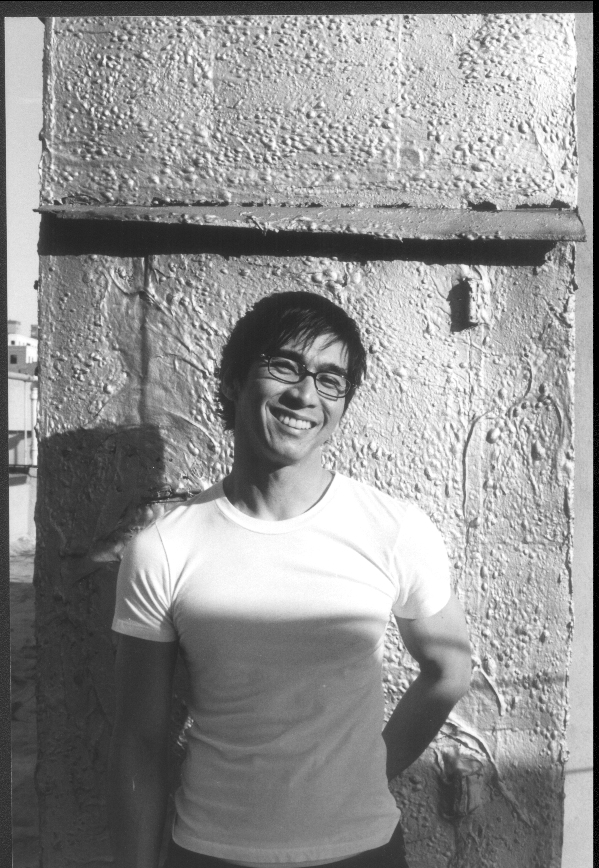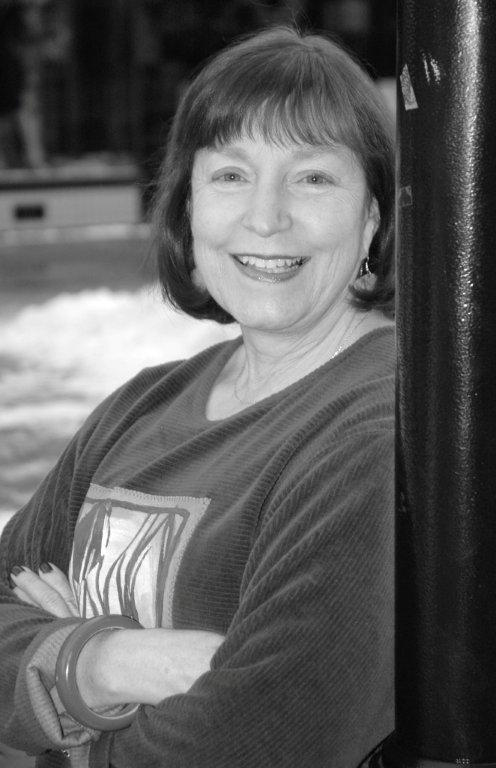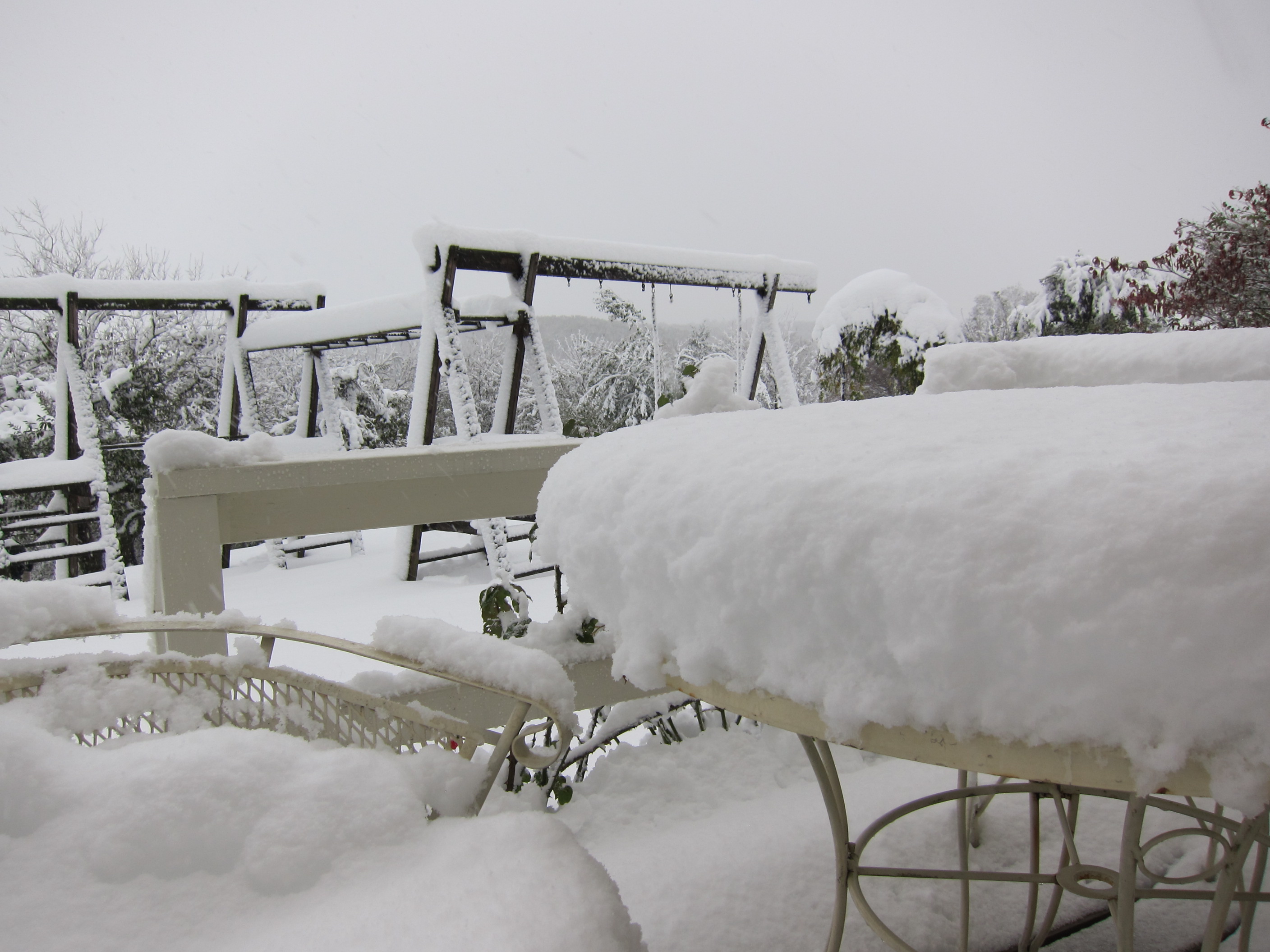Poet Joseph O. Legaspi cofounded P&W–supported Kundiman, a nonprofit organization that serves Asian American poetry. He blogs about Kundiman's beginnings and this year's ten-year anniversary celebrations. The author of Imago (CavanKerry Press) and the forthcoming chapbook Subways (Thrush Press), he lives in Queens, New York, and works at Columbia University.
In summer 2002, Sara h Gambito and I were swaying on a hammock at a backyard BBQ in Westchester. Watching the mostly Filipino crowd—families and community—playing games, eating, totally at ease with one another, we were mesmerized and even envious. As recent MFA graduates and young Filipino American poets trying to patch together literary lives in New York City, we felt alone and lost. We wanted to recreate the joyful and safe space that we witnessed in Westchester, but for Asian American artists. I then told Sarah about P&W–supported Cave Canem, a premiere literary organization that hosts a retreat for black poets. Two close friends, January Gill O’Neil and the late Phebus Etienne, attended the Cave Canem Retreat and raved about it. Why not? we asked ourselves, as there was already an impressive model, and in our hearts, we knew there was a void to fill. The rest, as they say, is history.
h Gambito and I were swaying on a hammock at a backyard BBQ in Westchester. Watching the mostly Filipino crowd—families and community—playing games, eating, totally at ease with one another, we were mesmerized and even envious. As recent MFA graduates and young Filipino American poets trying to patch together literary lives in New York City, we felt alone and lost. We wanted to recreate the joyful and safe space that we witnessed in Westchester, but for Asian American artists. I then told Sarah about P&W–supported Cave Canem, a premiere literary organization that hosts a retreat for black poets. Two close friends, January Gill O’Neil and the late Phebus Etienne, attended the Cave Canem Retreat and raved about it. Why not? we asked ourselves, as there was already an impressive model, and in our hearts, we knew there was a void to fill. The rest, as they say, is history.
Kundiman now celebrates its ten-year anniversary! The sole organization of its kind, Kundiman remains dedicated to the creation and cultivation of Asian American writing. In summer 2013, we are hosting our tenth Kundiman Poetry Retreat with faculty members Li-Young Lee, Srikanth Reddy, and Lee Ann Roripaugh teaching workshops to our fellows. Over 120 fellows have attended the annual retreats under the tutelage of such renowned Asian and Asian American poets as Lawson Inada, Bei Dao, Myung Mi Kim, Marilyn Chin, Arthur Sze, Truong Tran, Paisley Rekdal, Aimee Nezhukumatathil, Rick Barot, and Tan Lin—many of whom have been supported by P&W over the years. Award-winning Kundiman fellows have published twenty books thus far with more titles forthcoming in 2014, in addition to over twenty chapbooks, and numerous print and online publications. Cofounder Sarah Gambito received the 2009 Barnes & Noble Writers for Writers Award. In partnership with Alice James Books, the Kundiman Poetry Prize is set to select its fourth winner this June. P&W–supported Matthew Olzmann’s Mezzanines, the second selection, was released in April 2013.

So, what’s in store for Kundiman’s tenth year? There will be a fundraising campaign with a target goal of $10,000. There will be exciting “10 for 10” events across the country, an NYC gala in the planning stages. Our website has already undergone a redesign. Kundiman’s oral history program, Kavad, will roll out fellow-driven projects that will provide new platforms to present and amplify Asian American voices. Kundiman remains strongly committed to fostering Asian American writing, which, in turn, empowers our marginalized, diasporic communities. Kundiman strives to transform the American literary landscape. Please come celebrate with us.
Photo: (Top) Joseph O. Legaspi. Credit: Emmy Cateral. (Bottom) Kundiman staff, faculty, and fellows. Credit: Dustin Parsons.
Support for Readings/Workshops in New York City is provided, in part, by public funds from the New York State Council on the Arts and the New York City Department of Cultural Affairs, with additional support from the Louis & Anne Abrons Foundation, the Axe-Houghton Foundation, The Cowles Charitable Trust, the Abbey K. Starr Charitable Trust, and the Friends of Poets & Writers.





 This past October,
This past October, 
 h Gambito and I were swaying on a hammock at a backyard BBQ in Westchester. Watching the mostly Filipino crowd—families and community—playing games, eating, totally at ease with one another, we were mesmerized and even envious. As recent MFA graduates and young Filipino American poets trying to patch together literary lives in New York City, we felt alone and lost. We wanted to recreate the joyful and safe space that we witnessed in Westchester, but for Asian American artists. I then told Sarah about
h Gambito and I were swaying on a hammock at a backyard BBQ in Westchester. Watching the mostly Filipino crowd—families and community—playing games, eating, totally at ease with one another, we were mesmerized and even envious. As recent MFA graduates and young Filipino American poets trying to patch together literary lives in New York City, we felt alone and lost. We wanted to recreate the joyful and safe space that we witnessed in Westchester, but for Asian American artists. I then told Sarah about 